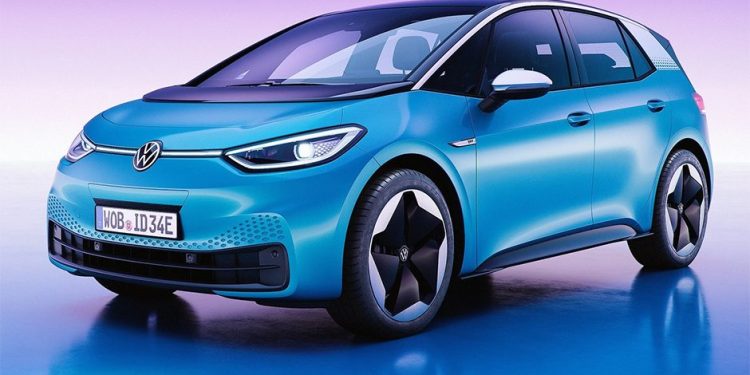Volkswagen wants more carbon-neutral lithium in its EVs
Words: Matthew Hansen
While electric vehicles are obviously less polluting for the environment at the tailpipe, their critics often cite that they’re ‘hardly green’ when it comes to producing them. Particularly when it comes to battery tech, which often uses intensive materials like cobalt and lithium.
The car manufacturers know this, with multiple brands announcing that they’re investigating more environmentally friendly ways to mine for these materials (and some even skipping using cobalt in their cars altogether).
Volkswagen is the latest brand to sign a deal to improve the environmental impacts made by the lithium mining behind its batteries. Today it announced that it will soon use Germany-sourced carbon-neutral lithium in its electrified products.
The move comes via three separate partnerships; one with Vulcan Energy, one with Umicore, and one with 24M Technologies.
The first of these, Vulcan Energies, is a group that harvests lithium via geothermal brine, similar somewhat to the lithium harvesting process that BMW is zeroing in on. This is a process that does not involve fossil fuels or evaporation ponds.
Umicore, meanwhile, will supply Volkswagen’s factories with cathode materials (lithium and metal composites) for battery cells, with the partnership destined to output 20GWh by 2025 at Volkswagen’s Salzgitter plant, with the notion of ramping up to 160GWh annually by 2030.
Last but not least, 24M Technologies is in the process of pioneering a semi-solid battery-making process, which claims to be better for the environment by being easier to recycle and less intensive to produce, while also being cheaper.
That last bit is the critical one. If successful it could mean cheaper batteries, which in turn will likely mean cheaper electric cars.





